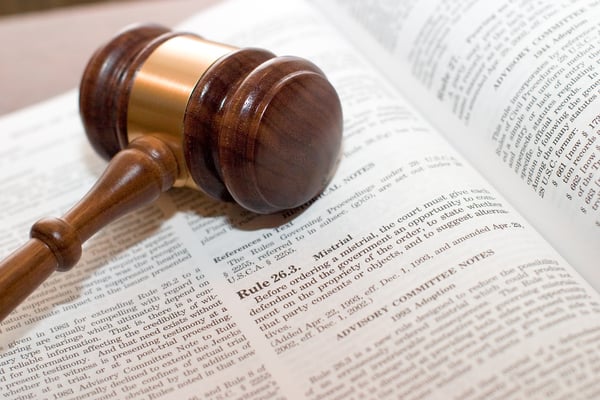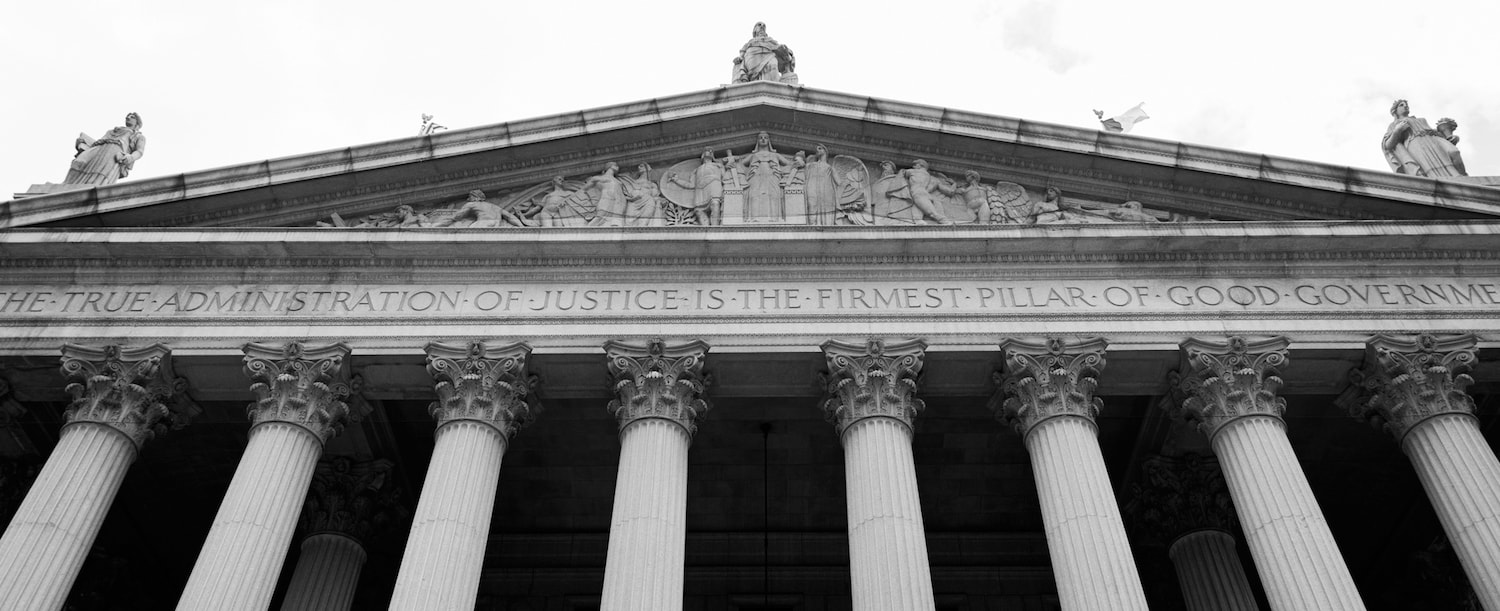
Personal injuries are painful and traumatic in their own right. The last thing a plaintiff needs or wants is for the judge to declare a mistrial and for everything to go back to Square One. Before we look at how mistrials can occur in personal injury cases, let us define the term "mistrial."
What is a Mistrial?
To put it simply, a mistrial is one which is ended before it has gone the distance and reaches a judgment. The rules for a lawsuit, essentially, are that it must be properly presented, and the trial itself must be fair and impartial as it proceeds. If these requirements are not or cannot be met, then the judge can declare a mistrial.
What Can Cause a Personal Injury Mistrial?
There are six common reasons. Some are in the of the attorneys' domain, some purely in that of the judge's, one is in the hands of the plaintiff, and some are beyond anyone's control. It is essential that a plaintiff, the person who has suffered a personal injury and who seeks compensation in a court of law, selects a reputable attorney to begin with. Let us look at some possible reasons:
- The plaintiff decides to represent him or herself, fails to understand court policy and procedures and continually fails to follow them despite, say, the defendant's attorney's objections or the judge's instructions. At some point the judge may decide improper behavior has happened too frequently, the jury is unlikely to be able to reach a decision, so a mistrial is declared.
- An inexperienced attorney may not present the lawsuit properly, may also fail to follow rules and procedures, ask an inappropriate question or may just use incorrect terminology. Here are some simple examples; Let us say the plaintiff was on a crosswalk and was struck by an SUV. The defendant claims the plaintiff was jaywalking. The plaintiff's attorney continually refers to being hit by a truck not an SUV. Eventually, the judge may decide that the jury will be confused about what actually happened, so declares a mistrial. Or, say, that injury happened on XYZ Circle, but the attorney, who knows the neighborhood well, keeps saying XYZ Drive just out of habit. This is why it pays would-be plaintiffs to do proper research before selecting an attorney to represent them.
- Evidence which has been determined by the judge to be inadmissible is presented during opening or closing statements. The judge may decide it will affect the jury's deliberations because the inadmissible evidence is so powerful it cannot be ignored, so declares a mistrial.
- Other misconduct by an attorney, or by a jury member, may also be reason for a mistrial. Another reason to choose your attorney carefully.
- If, during the trial, a major error or problem to do with the proceedings comes to the surface, and the judge believes it may prejudice further deliberations, a mistrial can be declared.
- Mistrials may be declared because of something beyond anyone's control such as be death or serious illness. If the judge, an attorney, or a jury member becomes seriously incapacitated it may be deemed correct to abort the trial until such time as a new one can begin.
The Takeaway
Selecting an experienced and successful attorney to represent a personal injury plaintiff is the best way to begin. Even so, the other side may cause the problem or the problem may be caused by death or other reason beyond anyone's control. If you would like to learn more, and to "stay in the know," please just click this link to contact us.





